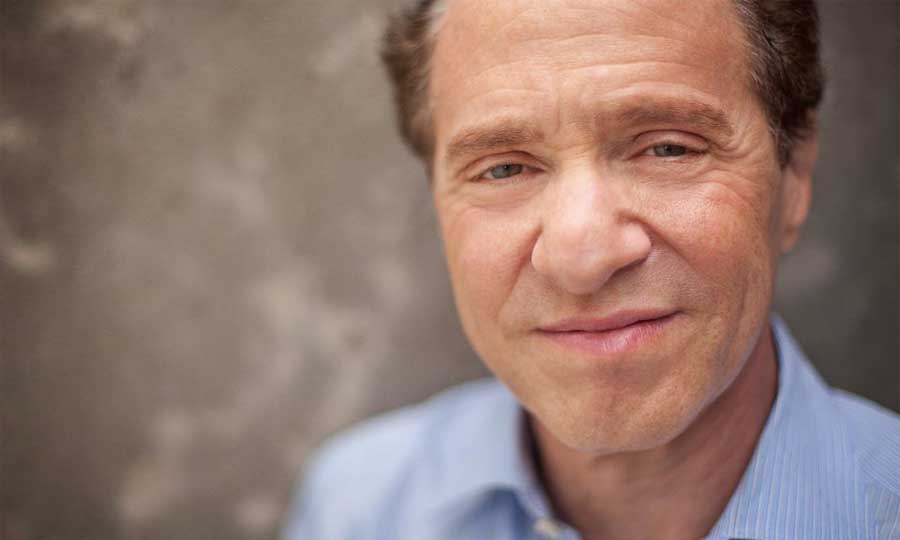
Source: Money Review
30 January 1992
According to Kurzweil, "Singularity" will occur in 2045, when artificial intelligence will surpass human intelligence
Ray Kurzweil, an inventor and futurist, releases his first book. "The Age of Intelligent Machines" discusses artificial intelligence and foresees the rise of the Internet in popularity. Impressive considering there were only 2.6 million internet users worldwide at the time.
He also made other accurate predictions. According to some calculations, Kurzweil's predictions are 86% accurate.
For instance, he predicted that by 1998 a computer would defeat the world chess champion. And IBM's Deep Blue did defeat Garry Kasparov in 1997.
He anticipated that by 2010, computers would be able to respond to queries by searching the Internet for relevant data.
He also predicted that exoskeletal limbs would enable people with disabilities to walk by the early 2000s. A number of businesses, including Ekso Bionics, are working to develop this technology.
Photo: Bill Wadman (kurzweilai.net)
By the year 2009, it was anticipated that users would be able to speak commands to their computers. This technology was in its infancy in 2009, but features like Apple's Siri and Google Now today demonstrate how well-developed it is.
In 2005, it was predicted that by the year 2010, digital solutions would be able to translate in real-time from spoken language to foreign languages, showing the text to a user wearing special glasses in the form of subtitles. Apps like Google Translate can now do all of that and more. One app, Word Lens, makes use of the camera on the device to locate and even translate street signs in real time.
How does he make future predictions?
Ray Kurzweil bases his forecasts on the law of accelerating returns. The fundamental tenet is that technology develops exponentially because each advancement contributes to the next.
Moore's Law, for example, is known to apply in computers, where the number of transistors in each chip doubles every two years or so as transistor size is halved.
What does he say about the future?
Kurzweil believes that the development of artificial intelligence is unavoidable and imminent. He says that by 2029, computers will easily pass the Turing test (which determines whether a computer can think like a human).
AI will be able to do what humans do once it has passed the Turing test. Then, in the 2030s, it will go beyond what humans are capable of.
And, according to Kurzweil, "Singularity" will occur in 2045, when artificial intelligence will surpass human intelligence.
At this point, super-smart computers will be able to generate ideas that no human has ever thought of, allowing them to create technological tools that are far superior to anything we have.
According to the futurist, this will be the point at which "human intelligence will multiply by a million."
Brain implants will connect our brains to the network by 2050, allowing us to enter digital worlds that are indistinguishable from reality. Humans will be able to acquire new functions in this manner, such as increased memory or intelligence.
Simultaneously, artificial intelligence will claim to be self-aware, resulting in a massive social transformation. According to Kurzweil, there will most likely be a process by which machines will be granted protection and rights.
Warfare, hunger, and disease, on the other hand, will almost completely disappear as a result of massive technological advances, with Kurzweil predicting that this utopia will become a reality before 2050.
The world will be changed by nanotechnology. Nanobots will be able to cure all diseases and heal all wounds, including those in the brain. They will also be able to produce food by rearranging existing matter.
Kurzweil, who works as an engineering director at Google, hopes to live long enough to "upload" himself into a computer. He claims that this will allow him to live forever.
Should we believe him?
As with Nostradamus, Kurzweil's predictions are frequently open to various interpretations, possibly due to their ambiguity. Even some of his own predictions, such as the fact that self-driving cars will be commonplace by 2009, are called into question.
Nobody can deny that Ray Kurzweil is a genius. He has received 20 honorary doctorates, written books, founded several successful businesses, made significant contributions to the field of artificial intelligence, and developed some of the first practical speech recognition and text scanning systems. Time magazine has featured him on its cover and Fortune has described him as "a legendary inventor with a track record of incredible ideas".
[This article was translated from its Greek original]
































